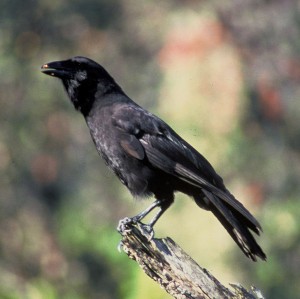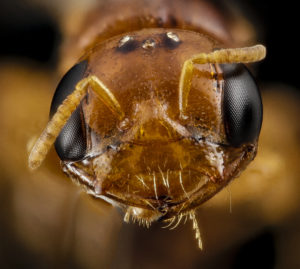Latest Jobs
-
Nature-based Learning Programme Development Manager (KTP Associate) Cardiff University

-
Marine Ecology Team Leader/Research Assistant Archipelagos Institute of Marine Conservation

-
Microplastics Laboratory Assistant Archipelagos Institue of Marine Conservation

-
Admissions Officer Archipelagos Institute of Marine Conservation

-
Marine Mammal Team Leader/Research Assistant Archipelagos Institute of Marine Conservation

Latest Volunteer Roles
-
Outdoor Learning & Play Volunteer Officer The Conservation Volunteers

-
Conservation and Wellbeing Volunteer Officer The Conservation Volunteers

-
Outdoor Learning and Conservation Volunteer Officer The Conservation Volunteers

-

'Alalā Genome Sequenced
The announcement marks the beginning of what is hoped to be a good year for the 'Alalā, as conservationists are planning to reintroduce some birds from captivity into prepared habitat on Hawaii later in 2016
Read More »Save Millport Marine Station
For over 100 years the Millport Marine Station has been a crucial part of a network of research stations round the UK and European coasts
Read More »Decline of the Monarch
Illegal logging of the oyamel forest, the monarchs favoured trees to hibernate in, still continues despite an increase in the size of nature reserves by the Mexican government.
Read More »Sawfish Facing Extinction
Sawfish are amongst the most threatened family of marine fishes. Overfishing and habitat destruction have resulted in many species disappearing from the coastlines of 46 countries. International conservation efforts and adequate fishing protections are required to prevent their complete extinction.
Read More »Rare Australian Bee Discovery
A bee in Australia has been discovered, after no sightings had been made of it for 100 years. However, it is extremely rare due to habitat loss and fragmentation, wildfires and climate change. It is also favours just one specific vegetation type, and with little known of its biology, time is running out to protect this native species.
Read More »Counting Elephants...From Space
A new surveying technique involving the use of satellite cameras has been used to count elephants. Automatic detection allows for vast areas to be surveyed much quicker, offering an alternative to human observers counting from low-flying planes.
Read More »Reach 1000's of candidates
AdvertiseSubscribe
Get the latest from us delivered straight to your inbox every week!






